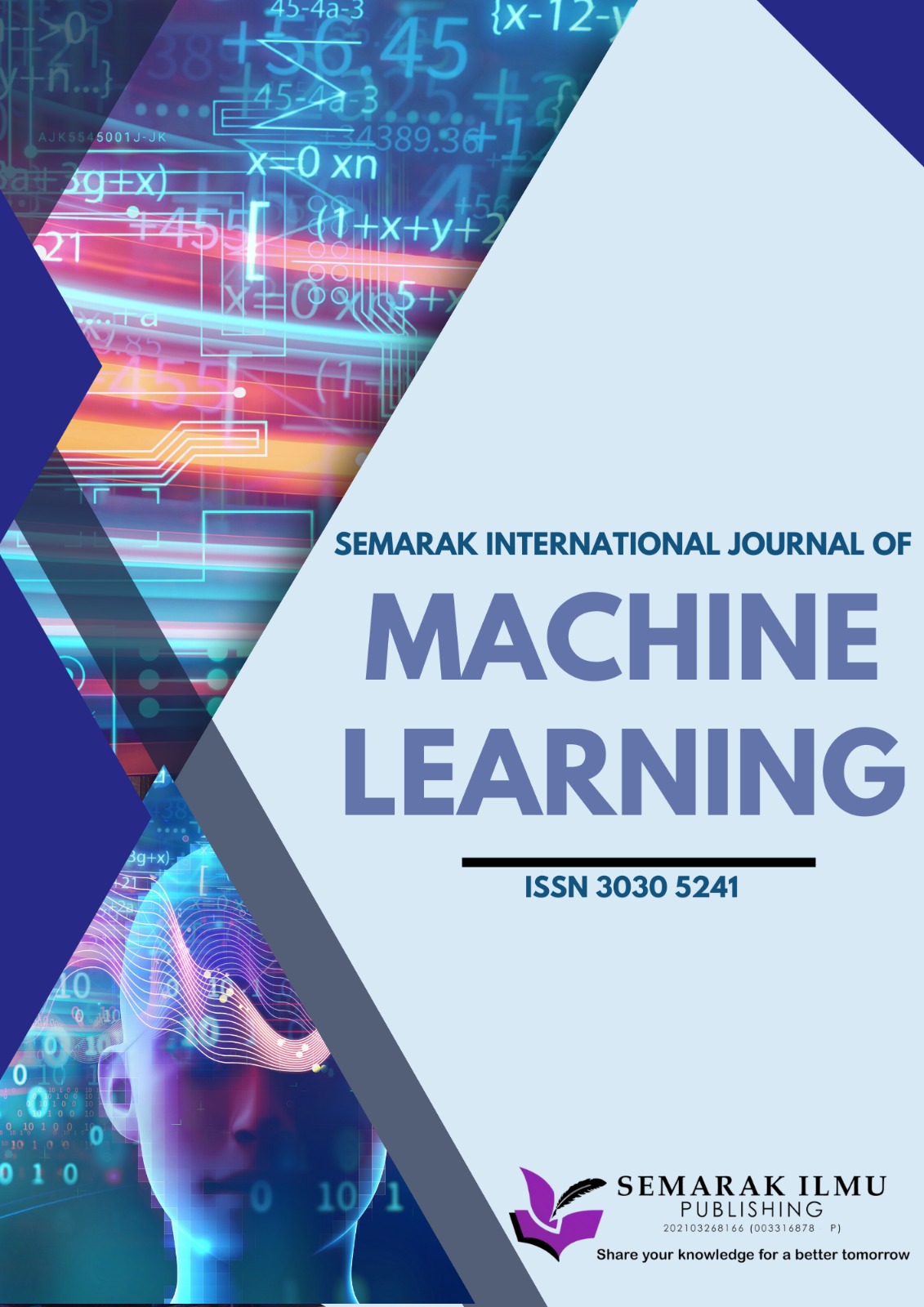A Comparative Analysis of Classification Algorithms on Student Academic Performance
DOI:
https://doi.org/10.37934/sijml.5.1.7486Keywords:
Student academic performance, machine learning, decision tree, socioeconomic statusAbstract
Understanding the best use of machine learning algorithms, such as decision tree classifiers, in predicting academic performance is crucial for educational institutions to identify at-risk students and implement targeted interventions. It is essential to determine the best algorithm for academic achievement to ensure accurate predictions and effective support mechanisms for students. This study investigated the multifaceted factors influencing academic performance in computer science research, emphasizing the significance of benchmarking prediction and classification algorithms such as decision trees, random forest, AdaBoost, K nearest neighbors, and support vector machines for discerning optimal models. After classifying the ML algorithms and their implications for student academic performance, we rigorously evaluated algorithm performance through k-fold cross-validation and training-testing splits. The benchmarking process is critical for assessing the efficacy of machine learning algorithms in accurately predicting academic performance, providing a foundation for informed decision-making in educational interventions and policy development. This study underscores the importance of benchmarking machine learning algorithms as a fundamental step in assessing their suitability for predicting academic performance, thereby laying the groundwork for effective educational strategies and interventions. While random forest emerged as the top performer with a mean accuracy of 75.88%, decision trees, as the primary algorithm for our research, underwent further optimization using GridSearchCV. This results in a notable mean accuracy of 76.31%, highlighting the efficacy of the decision tree classifier in understanding the complex dynamics impacting academic performance. These findings offer valuable insights for enhancing student achievement across diverse demographic conditions.
Downloads














